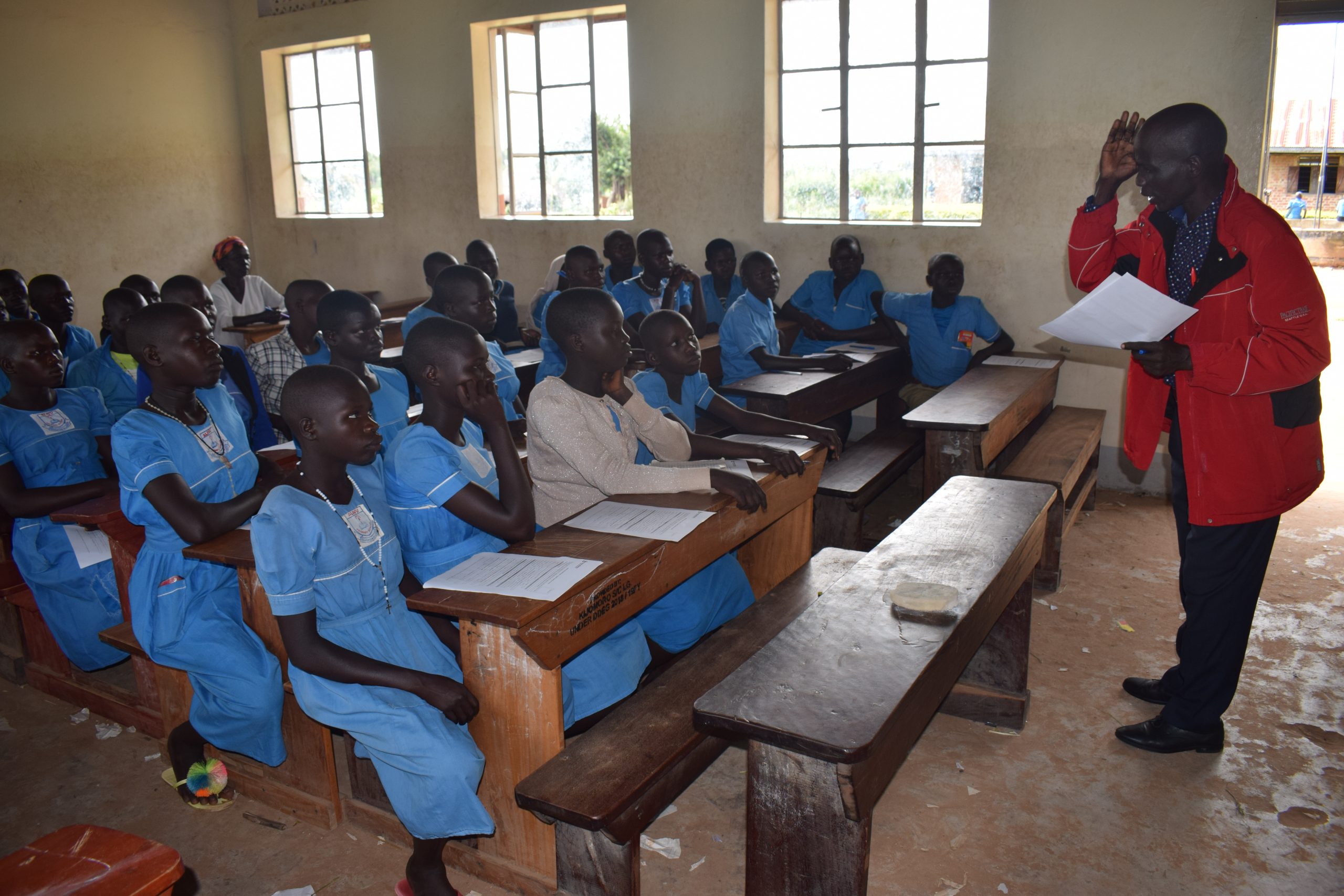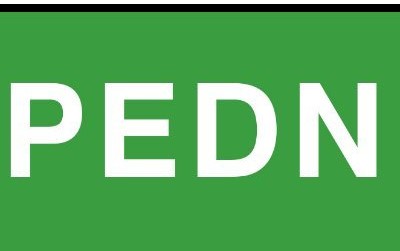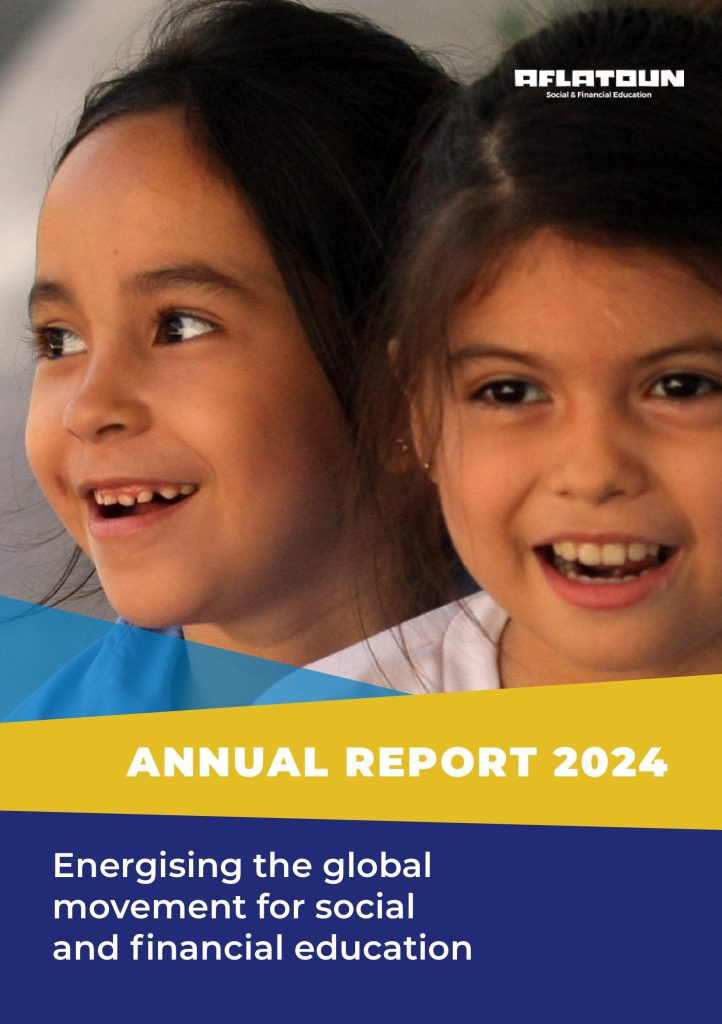Exploring Uganda’s Journey of Integrating Financial Education in the National Secondary School Curriculum
Context of Social, Financial and Entrepreneurial Education in Uganda
For many years, Uganda had a financially illiterate population, but over the past decade, financial education has gained importance on the national agenda. This shift was driven by the increasing availability of financial products and the lack of knowledge, particularly among young people, to use them effectively. Addressing this gap by developing skills in resource management and informed decision-making is crucial for improving the transition to adulthood.
Efforts to integrate Financial Education into Uganda’s national curriculum began with pilot programs in 2006, eventually prompting the Bank of Uganda (BoU) to start formal discussions on a national Financial Literacy strategy. In 2010, BoU recognized the need to coordinate efforts among financial literacy stakeholders, leading to a study that revealed minimal financial education in Uganda’s school curricula, despite the country’s youthful population. This realisation propelled the Ministry of Education and BoU to collaborate on integrating financial education into the education system. By 2011, BoU had initiated a consultative process, culminating in the launch of Uganda’s national strategy for Financial Literacy (FL) in 2013.
The national strategy had three priority areas:
- Providing Financial Literacy in primary schools through the development and dissemination of supplementary materialand the training of teachers.
- Promoting Financial Literacy through extra-curricular activities, particularly through the extension of FL-related after school clubs and the integration of FL activities/messages into various school events.
- Incorporating Financial Literacy into the lower secondary schools as part of the overall reform.
The steps towards National Integration
In 2007, the Government of Uganda commissioned a study on Curriculum–Assessment–Examinations
(CURASSE) roadmap for reform. The findings and recommendations of the CURASSE report pointed out
that the existing secondary education curriculum was not providing to the students the skills that the labor market demand from them. Additionally, the students were required to meet the emerging needs of the nation in response to Uganda’s economic growth.
In 2011, the Ministry of Education and Sports (MoES) through the National Curriculum Development Centre (NCDC), and the Bank of Uganda started discussions to integrate financial literacy in the curriculum.

A working group was established to work on the financial literacy aspect. The leader of this working group was the Private Education Development Network (PEDN), Aflatoun’s local partner in Uganda, which had been using the Aflatoun programmes since the start of their partnership in 2006.
They analysed policies to roll out financial education in schools, experiences in schools in the UK, the baseline knowledge of financial literacy in schools and primary training colleges across the country, and the labour market survey that confirmed the need for early financial education.
This analysis brought about the decision to develop a new lower secondary school curriculum.
The new curriculum, which revised subjects from mathematics, science, social studies, life education and languages, rolled out in 2013 in schools. The Financial Literacy working group provided concrete suggestions as to which elements of financial education should be interated. They also piloted and conducted teacher training as well as, produced a teacher guide. These materials included pilot feedback from 2013.
A final validate curriculum was presented in 2019 to the Ministry of Education and Sports, with the Social and Financial Literacy content integrated into four school subjects. The rollout was done in February 2020.
The Actors Involved and the partnership with Aflatoun
Over the almost nine years of the process of revision, several actors have invested technical, financial, human, and material resources to support the integration of financial literacy in the curriculum.
The Ministry of Education and Sports of Uganda is responsible
for providing quality education and sports services in the country. As part of the national integration of SFE, the ministry led the Advisory Group that gave strategic advice to the Bank of Uganda in the development and implementation of
the National Financial Literacy strategy.
The NCDC is an autonomous agency under the Ministry of Education
and Sports responsible for the development of educational curricula for primary, secondary and some tertiary institutions. Thus, NCDC represented the ministry in the design, planning and implementation of the National financial literacy strategy and coordinated the different actors involved
along the process. As part of the financial literacy working group spearheaded the overall development of the priority activities for integrating financial literacy in schools.
The Ministry of Education and Sports of Uganda is responsible
for providing quality education and sports services in the country. As part of the national integration of SFE, the ministry led the Advisory Group that gave strategic advice to the Bank of Uganda in the development and implementation of
the National Financial Literacy strategy.
BoU represented the Ministry of Finances in the design, planning and
implementation of the National Financial Literacy Strategy. That implied the leading of the integration of SFE in the curriculum, and
the coordination of the different actors involved along the integration process. BoU provided the national framework and strategy for financial literacy in Uganda, and technical support on where to integrate FL into the curriculum.
Since 2006, Aflatoun has been working in Uganda with PEDN. Together, they launched its SFE programmes as a co-curricular activity in schools, first as a pilot and later, through implementation. Aflatoun has partnered also with
NCDC. Along with the support for the national integration of Financial Education material, Aflatoun has provided financial support and technical capacity. Aflatoun provided materials that
were benchmarked in the design of the Financial Literacy topics and materials for the new curriculum. Based on these materials, PEDN and NCDC created content that had been tested and proved effective.

In partnership with:














